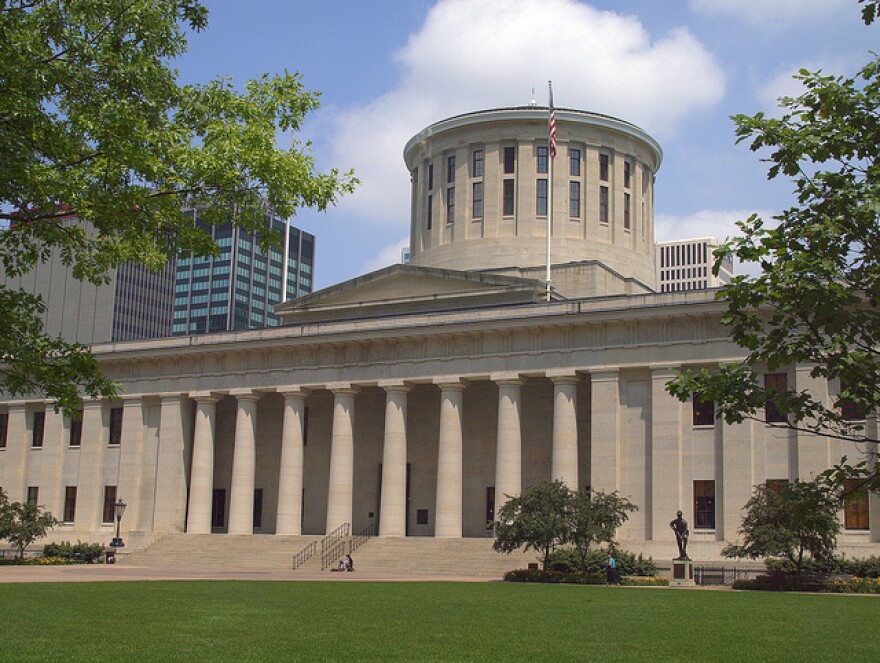A bill that鈥檚 meant to add safeguards for religious leaders has some lawmakers worried about the possible unintended consequences it could have on marriage equality. Statehouse correspondent Andy Chow reports.
The proposal would ensure that religious leaders and buildings owned by religious establishments have the right to deny performing or hosting marriage ceremonies for same-sex couples.
Republican Representative Nino Vitale of Urbana says his bill is a reasonable response to help these leaders and establishments avoid legal action in the wake of the U.S. Supreme Court鈥檚 ruling this summer.
鈥淚f pastors feel like they need this protection, I feel like we can have equality and religious freedom and live in harmony and I personally believe that if we don鈥檛 find a way to do that, we鈥檙e going to be in some serious situations that I don鈥檛 that we want to be in," Vitale said.
Vitale also notes that conservative Supreme Court Justice Clarence Thomas, after going against the Court鈥檚 decision, wrote down his concerns about the possible threat the ruling could have on religious liberties.
But opponents of the bill, such as Democratic Representative Kevin Boyce of Columbus, say the Constitution already protects religious leaders. He adds that the language in the measure could open up too many doors to go beyond the constitutional protections.
鈥淟et鈥檚 say you鈥檙e a clerk that has to approve marriage license and you鈥檙e an associate minister at your church, then you can use that to get out of your public service of that the church owns a subsidiary building across town and then decides it won鈥檛 rent to people who are using it for marriage ceremonies and what not," Boyce said.
The bill is in the House Community and Family Advancement committee. The chair of that committee says he expects to hold more hearings on the bill.
Another piece of legislation that was designed to protect businesses that refused to offer services based on religious beliefs was proposed in the Statehouse in 2013, but it was shelved by its sponsors after concerns that it might lead to discrimination against LGBTQ Ohioans.

